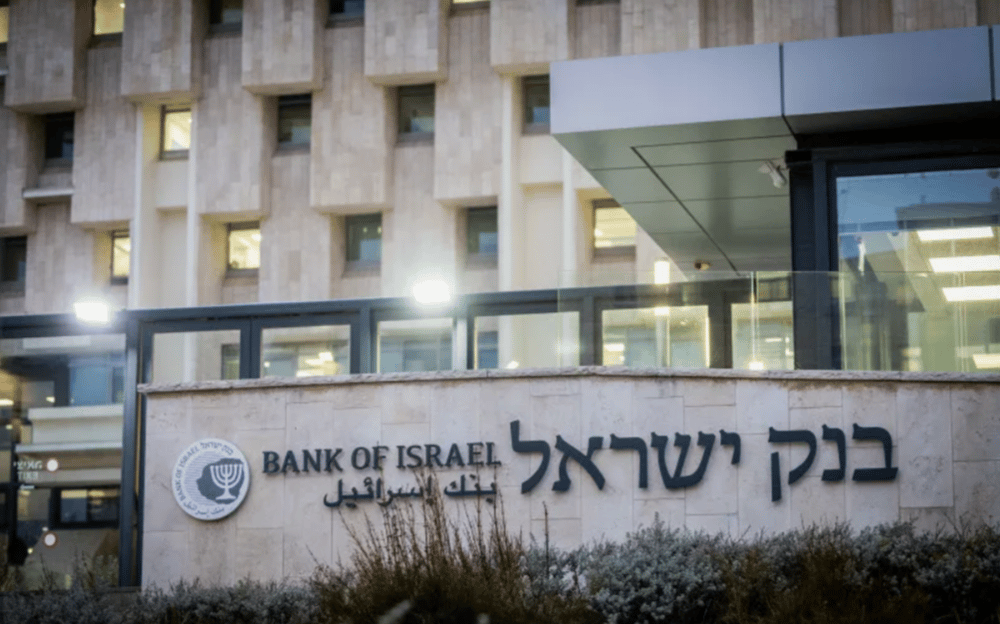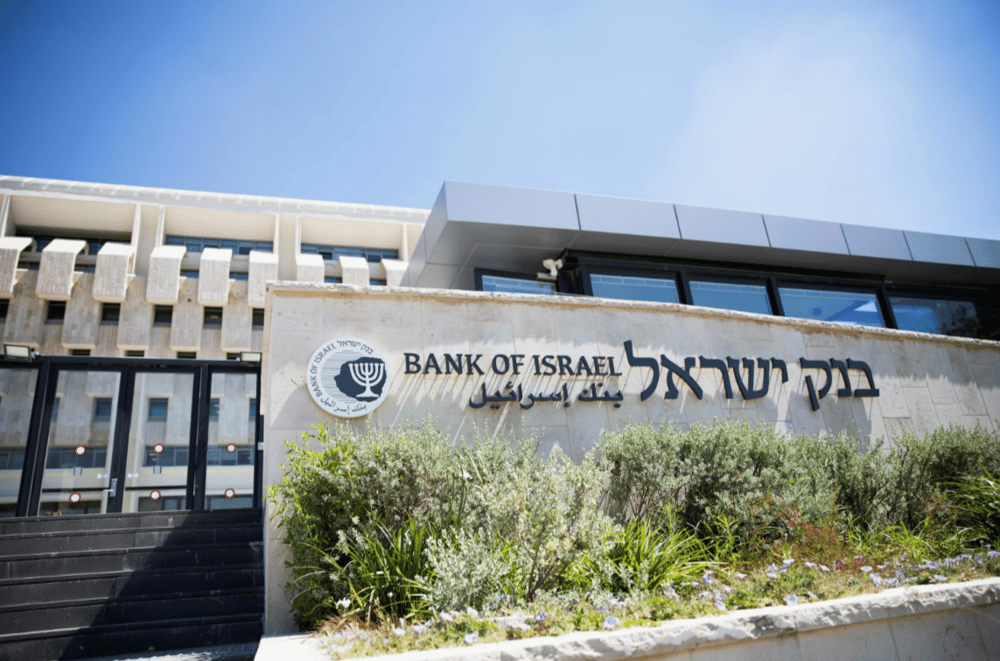Bank of Israel Holds Interest Rate at 4.50% as Inflation Pressures Persist Amid Conflict
The Bank of Israel (BOI) announced on Monday that it would maintain its benchmark interest rate at 4.50% for the eleventh consecutive meeting. The central bank cited persistent inflationary pressure as its primary concern, even as the national economy shows signs of moderate recovery from the economic disruptions caused by the ongoing conflict in Gaza.
Israel’s economy, while resilient in certain sectors such as technology and defense manufacturing, continues to face inflation risks, currency volatility involving the Israeli shekel (ILS), and broader geopolitical uncertainty. The decision to keep borrowing costs unchanged reflects a delicate balancing act between supporting fragile economic growth and anchoring inflation expectations.
Rate Pause Reflects Cautious Stance Amid Inflation and War
The BOI’s monetary policy committee emphasized that inflation remains above target range, requiring a restrictive stance despite external shocks. The official inflation rate has shown only gradual easing, driven mainly by lower import prices, yet core domestic inflation remains sticky, particularly in housing and services.
At the same time, economic activity is beginning to rebound following the initial downturn caused by the military escalation in Gaza. Consumer spending, industrial production, and labor market indicators have shown stabilization, though downside risks remain due to elevated security threats and potential supply chain dislocations.
The decision to hold rates rather than pivot toward easing suggests the central bank remains wary of triggering second-round inflation effects, particularly through wage dynamics and public sector spending, which has increased due to defense-related expenditures.

Quick Facts
BOI keeps policy rate unchanged at 4.50% for the 11th straight meeting.
Headline inflation remains above target, driven by domestic price pressures.
Moderate economic rebound seen despite security challenges.
Conflict in Gaza poses downside risks to growth and investor sentiment.
Israeli shekel (ILS) has stabilized recently but remains sensitive to geopolitical developments.
Market Response and Analyst Commentary
The rate hold was largely in line with market expectations, and initial financial market reactions were muted. The ILS traded in a narrow band against the USD, while local bond yields remained stable, indicating that investors had already priced in a prolonged period of monetary tightening.
Financial analysts noted that the central bank’s forward guidance continues to lean hawkish, with policymakers stressing the need for continued vigilance. However, the BOI also acknowledged that should inflation show consistent signs of decline, room for future rate cuts could open up—especially if real economic indicators weaken due to military or fiscal stress.
The broader macroeconomic implication is that Israel’s central bank, like many others globally, is navigating a "higher for longer" rate environment, balancing external shocks with domestic inflation containment.

Key Takeaways
Benchmark rate held at 4.50%—unchanged for over a year.
Inflation remains above BOI's 1–3% target range, particularly in core components.
Economic recovery underway but vulnerable to geopolitical shocks.
Monetary policy remains restrictive, signaling inflation remains priority.
No immediate rate cuts expected until inflation shows sustained decline.
Bank of Israel Prioritizes Price Stability Over Stimulus
The Bank of Israel’s continued decision to hold its interest rate at 4.50% underscores its firm stance on containing inflation, even as the economy faces significant headwinds from regional instability. While moderate recovery is underway, the BOI is expected to remain cautious, prioritizing monetary stability over short-term stimulus.
This approach mirrors a broader trend among central banks globally that are grappling with post-pandemic inflation and geopolitical uncertainty, choosing prudence over premature easing. The Israeli economy, though challenged, is showing resilience, but future monetary moves will depend on inflation trajectory and the evolving security landscape in the region.















Comments
This sale could act as a catalyst for broader adoption of automation in the tech industry